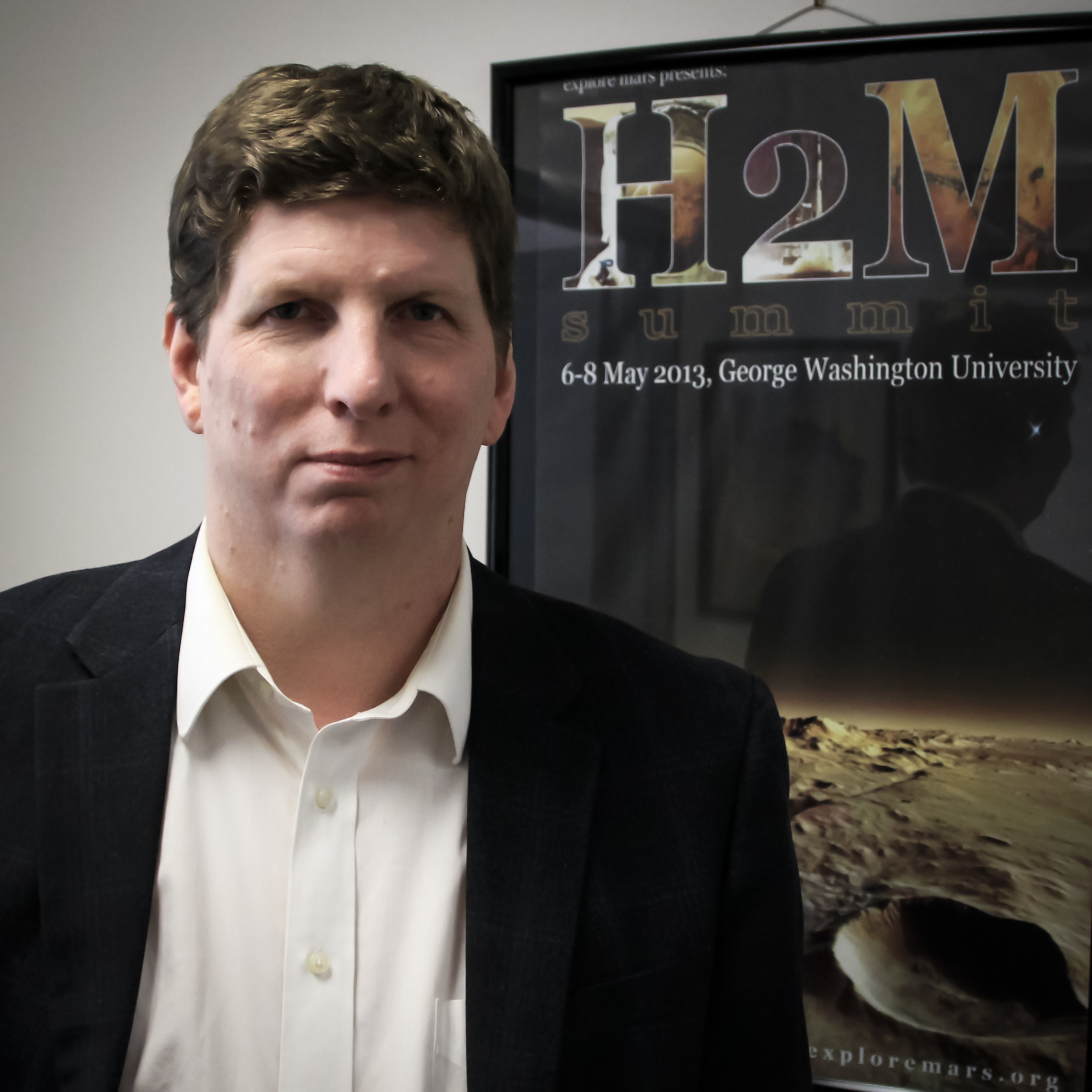
Building the space age: Acknowledging skilled workers
It's time for the welders, electricians and other skilled tradespeople to get their due.

Chris Carberry is CEO of Explore Mars, Inc. and author of the book "Alcohol in Space." Rick Zucker is Vice President for Policy, Explore Mars, Inc. They contributed this article to Space.com's Expert Voices: Op-Ed & Insights.
Anyone who attended a space exploration conference during the last few decades would undoubtedly have hobnobbed with innumerable scientists, aerospace engineers, industry and policy leaders, and other similarly talented individuals who are the products of prestigious universities from around the world.
These same decades saw a steady stream of plans for future moon and Mars missions, mission architecture designs, hypothesizing about commercial space enterprises, and speculating about policy and commercial hurdles that would need to be overcome to turn dreams into a reality.
Related: Everything you need to know about NASA's Artemis program
Unfortunately, most of these grand plans never moved very far beyond the "PowerPoint" (or, in previous decades, slide or overhead projector) phase, resulting in a lot of planning but a paucity of actual "construction." However, after decades of dreaming and high-level planning, we appear to have now entered a new phase of space exploration. Many different launch and crew vehicles, private space facilities, and other types of hardware are being constructed not only by government entities but also by private players, creating new and unprecedented markets in space.
In most cases, however, it is not the university-educated professionals who are physically constructing the rockets, crew vehicles, and other mission-critical elements. It is (and will be) the welders, electricians, metal workers, machinists, plumbers and pipefitters, and innumerable other skilled trades workers. Their work must be flawless, or as flawless as is humanly possible, for such missions to succeed. No human future in space will happen without their invaluable contributions.
Nevertheless, only rarely do we see or hear about these skilled tradespeople receiving the acknowledgments and accolades that they so rightfully deserve within the space community, and we feel that this is an injustice that must be rectified. While we still need to generate the top scientists, engineers, medical professionals and other university-trained professionals more than ever before, we also need a growing number of skilled workers to literally build our future in space.
Breaking space news, the latest updates on rocket launches, skywatching events and more!
Mere acknowledgement of their role is not enough, however. The questions we should also be asking are: (1) Do we have enough people with these necessary skills available now? (2) What will be the most critical trades in the space industry over the next few decades? (3) Do we have an adequate system and pipeline to assure that we maintain a critical mass of skilled workers to meet the demand over the upcoming decades? and (4) Do young people entering their trades know that building space hardware might be an option, and an exciting one, for them?
These are all questions that the space community, policymakers and other stakeholders need to examine to assure that we are able to maintain a critical mass of world-class tradespeople to avoid having our aspirations in space falter and so that we do not fall behind other nations.
Toward that end, the 2023 Humans to Mars Summit in Washington, D.C. (presented by Explore Mars, Inc. and held from May 16 to May 18, 2023 at the National Academy of Sciences) will feature a special panel that will discuss all these questions. This panel will also serve as a launching point for a new program that Explore Mars, Inc. will establish that will highlight, promote, and support the role of skilled workers in the space exploration community. We hope that other space organizations will follow Explore Mars' lead.
Our elected officials will often argue about restoring the manufacturing prowess of the country, often citing manufacturing capabilities that moved offshore in the past half century. The remarkable and continued growth of the space sector, and ensuring that we have a steady pipeline of skilled tradespeople to build the hardware for that sector, could help ensure that the United States is the top manufacturing nation in the world for the new space economy in the 21st century.
Follow all of the Expert Voices issues and debates — and become part of the discussion — on Facebook and Twitter. The views expressed are those of the author and do not necessarily reflect the views of the publisher.
Follow us @Spacedotcom, or on Facebookand Instagram.

Chris Carberry is the CEO and co-founder of Explore Mars, Inc. (Explore Mars), a 501(c)(3) nonprofit space advocacy. In this role, he has overseen Explore Mars’ annual Humans to Mars Summit, the largest annual conference focused on sending humans to Mars, and has spearheaded dozens of programs, projects, and outreach efforts. Prior to joining Explore Mars, Carberry served as Executive Director of The Mars Society. Carberry has presented oral (and written) testimony to both the United States Senate as well as the United States House of Representatives. He is also the author of over 100 articles that have appeared in publications around the world and has been featured in over 100 national and international television, radio programs and podcasts. Carberry is the author of the 2019 book "Alcohol in Space: Past, Present and Future," which is currently being adapted into documentary film that will be released in 2023. Carberry also has two books scheduled for release: "Scoring Space" (2023) and "A Future Spacefaring Society" (2024).
